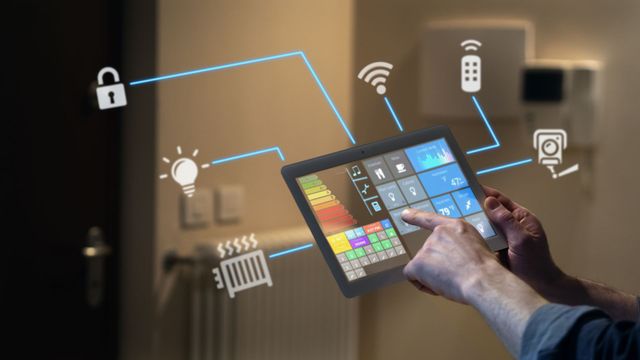Navigating the Complex Terrain of Compliance Standards for Cyber Protection in Multi-Unit Units to Guarantee Resident Security and Data Safeguarding
Wiki Article
Within today's society, numerous people live in multi-unit units, such as flat complexes and condo communities. These places often utilize shared infrastructures for internet and additional amenities. Although this setup can be convenient, it also brings up important concerns about system security and compliance standards. Guaranteeing the security of tenants and protecting their information is essential. This article will examine the intricate landscape of compliance standards for network security in multi-dwelling units, focusing on how these guidelines help keep residents safe and secure.
One of the key regulatory guidelines that apply to system security is the General Data Privacy Act (GDPR). This regulation is intended to protect personal information and privacy for persons inside the EU Community. Although it mainly pertains to businesses operating in Europe, its tenets can affect practices in different areas as well. For multi-dwelling units, complying to GDPR means implementing robust information protection measures. This includes making sure that residents' personal information is collected, stored, and processed safely. By adhering to these guidelines, building managers can help build trust with tenants and guarantee their information is safe from illicit access.

A further important standard is the Health Coverage Flexibility and Accountability Law (HIPAA), which protects sensitive healthcare information in the healthcare sector. In multi-dwelling buildings, especially those that provide healthcare services or have tenants with specific health needs, compliance with HIPAA is crucial. This requires that any medical information gathered from tenants must be maintained private and protected. Building administrators must make sure that their system infrastructures are designed to prevent data breaches and unauthorized intrusion. By taking these steps, they not only adhere with legal obligations but also promote a secure living environment for all tenants.
In addition to GDPR and HIPAA, the Payment Payment Sector Information Security Guidelines (PCI DSS) is another vital regulatory guideline. This guideline is particularly relevant for multi-dwelling units that accept credit card transactions for lease or services. PCI DSS specifies protection measures that must be implemented to safeguard cardholder data. This includes encrypting confidential data and regularly monitoring system safety. By following PCI DSS guidelines, building administrators can reduce the risk of data leaks and safeguard tenants' monetary data, which is vital for upholding their trust and safety.
Ultimately, it is essential for multi-unit units to remain updated on regional and national regulations regarding system safety. Laws and standards can evolve, and staying informed is essential for compliance. Property administrators should regularly assess their security protocols and procedures to ensure they meet up-to-date requirements. This preventive strategy not only assists in maintaining compliance but also improves the general security of the system. By prioritizing resident security and data protection, multi-unit units can establish a secure residential space that fosters trust and peace of mind among tenants.
To summarize, navigating the complex environment of compliance guidelines for system security in multi-dwelling buildings is crucial for guaranteeing resident safety and information safeguarding. By understanding and applying standards like GDPR, HIPAA, and PCI DSS, building managers can establish a secure space for their this page tenants. Staying updated about local regulations and frequently reviewing safety practices further enhances this dedication to security. Ultimately, a strong focus on compliance not only safeguards tenants but also builds a feeling of community and confidence within multi-unit buildings.